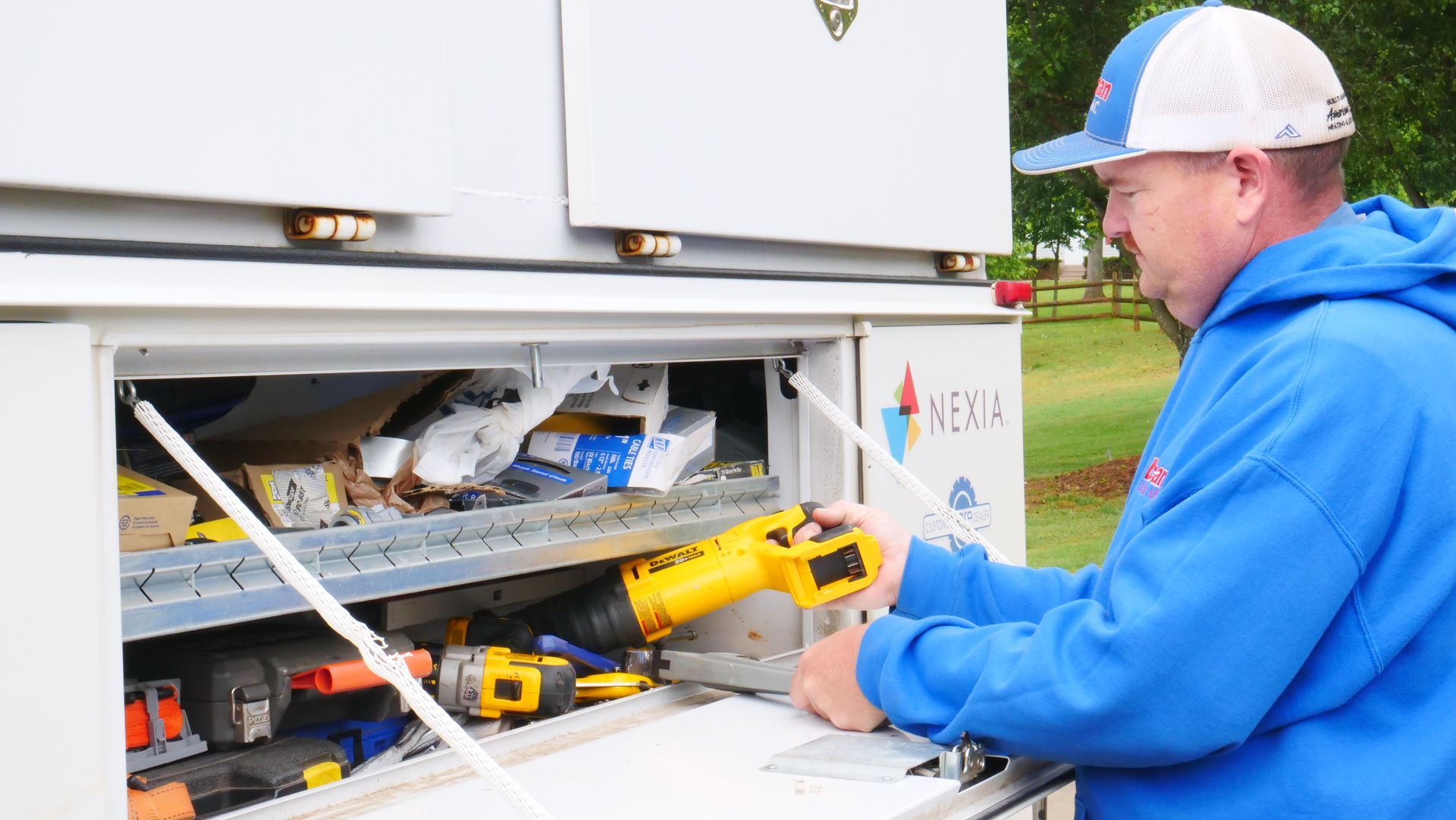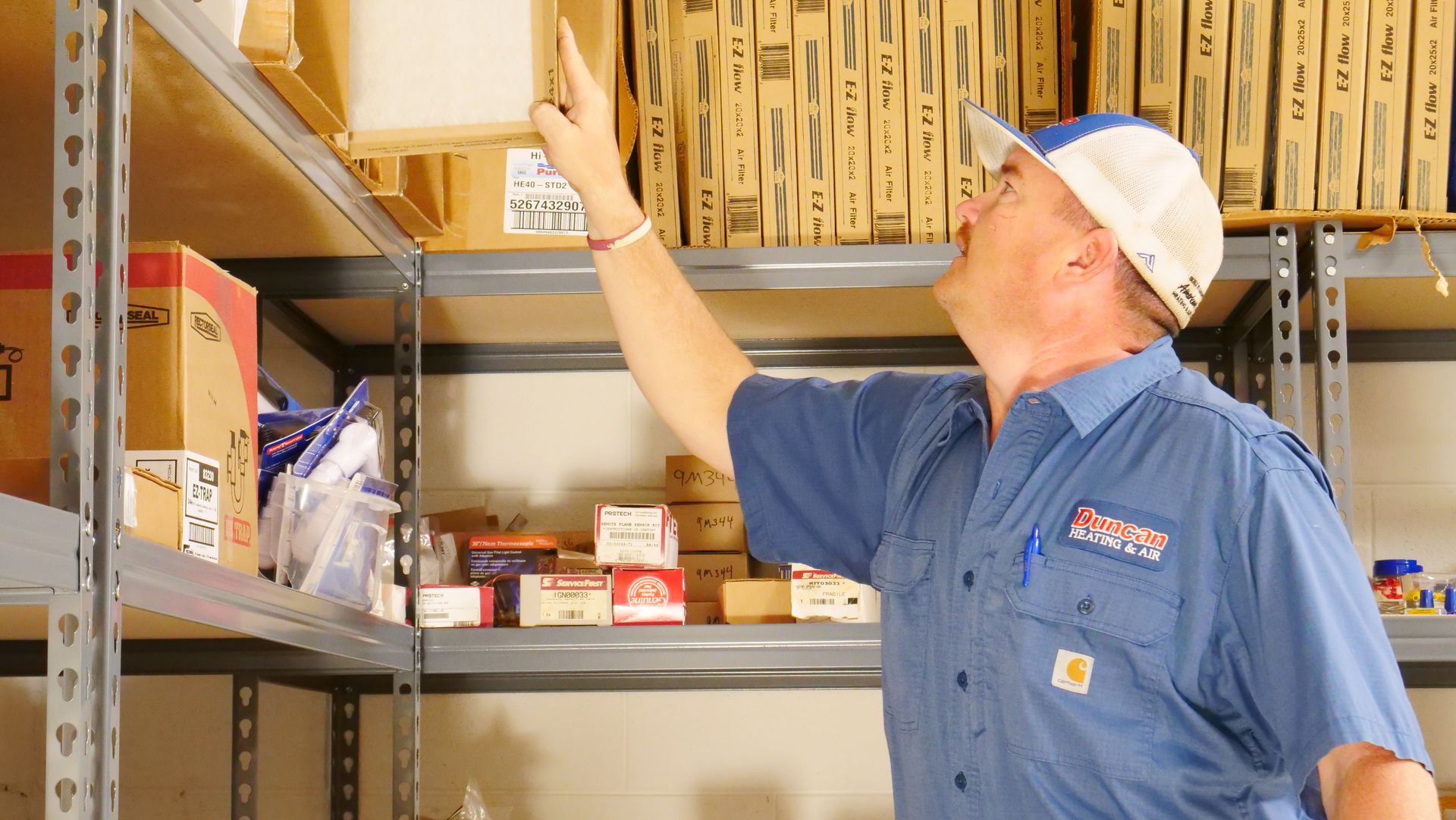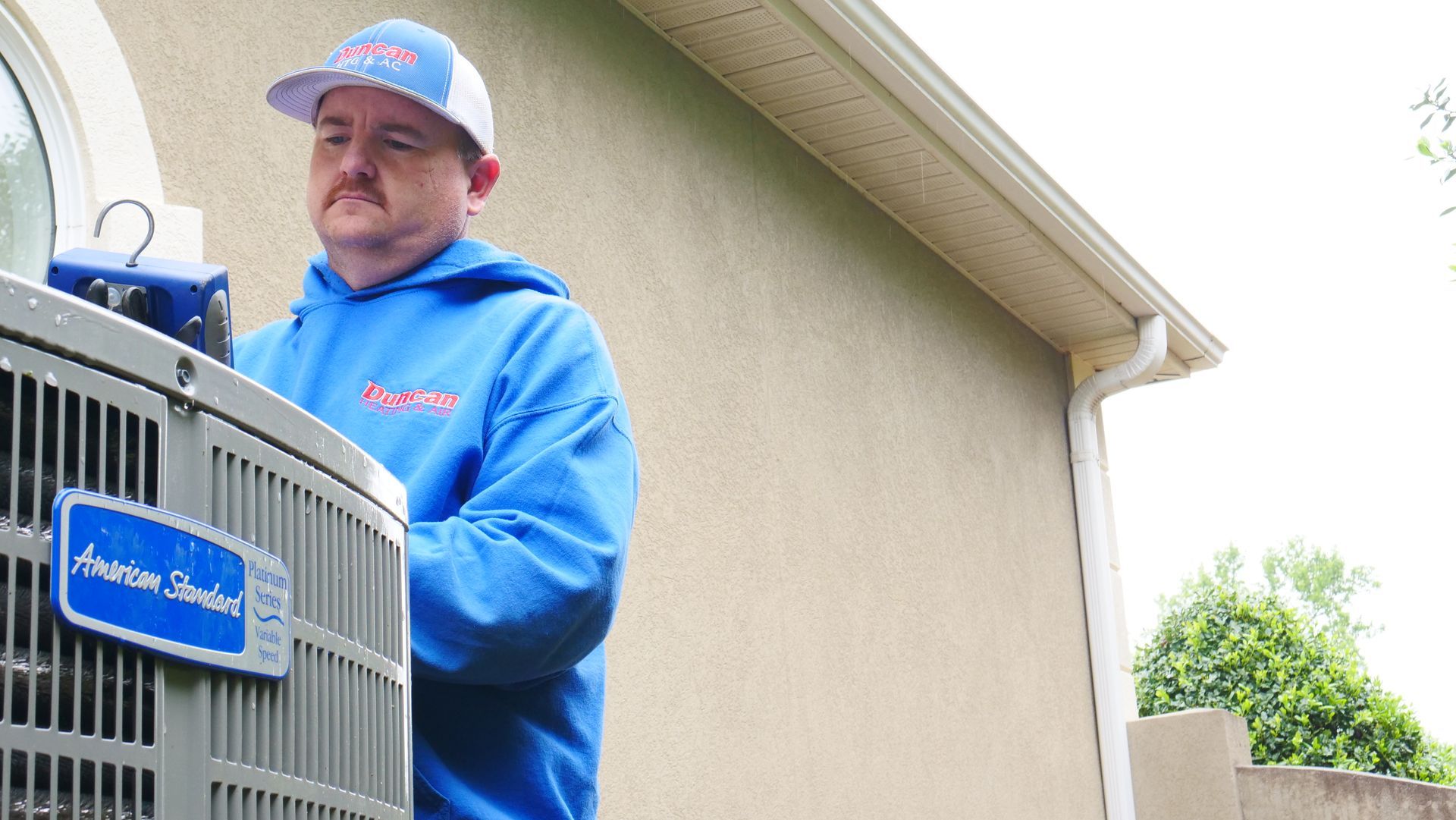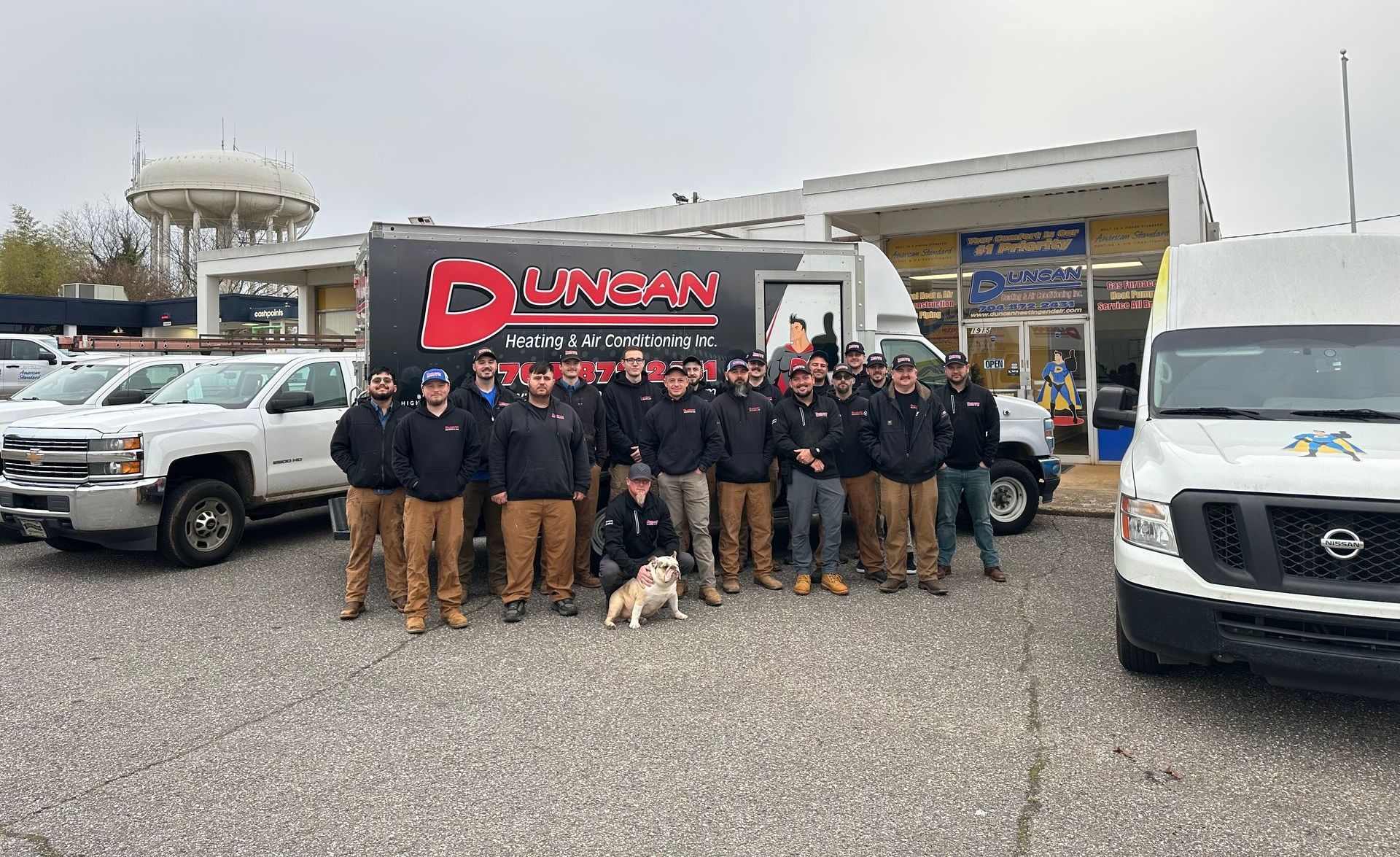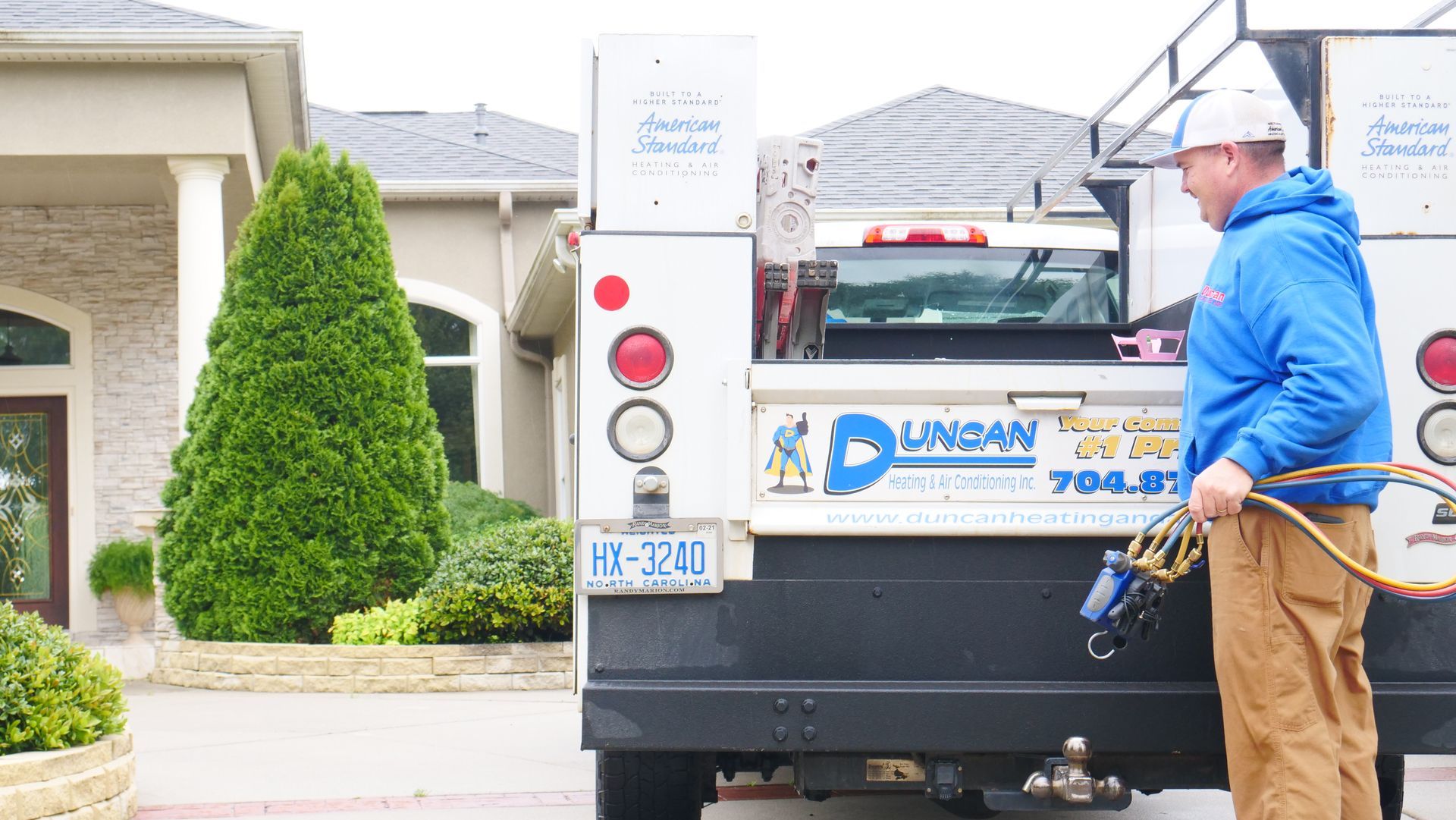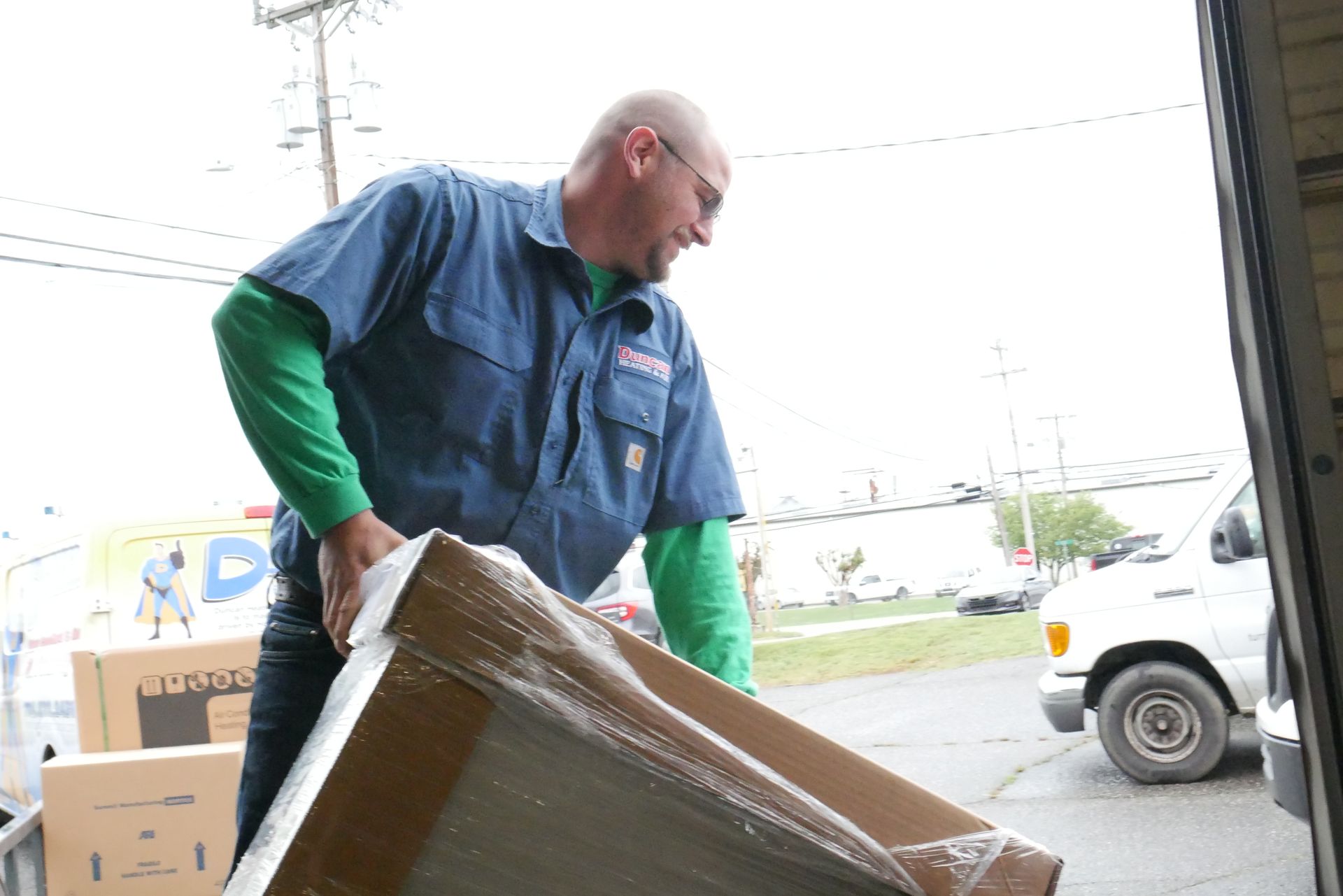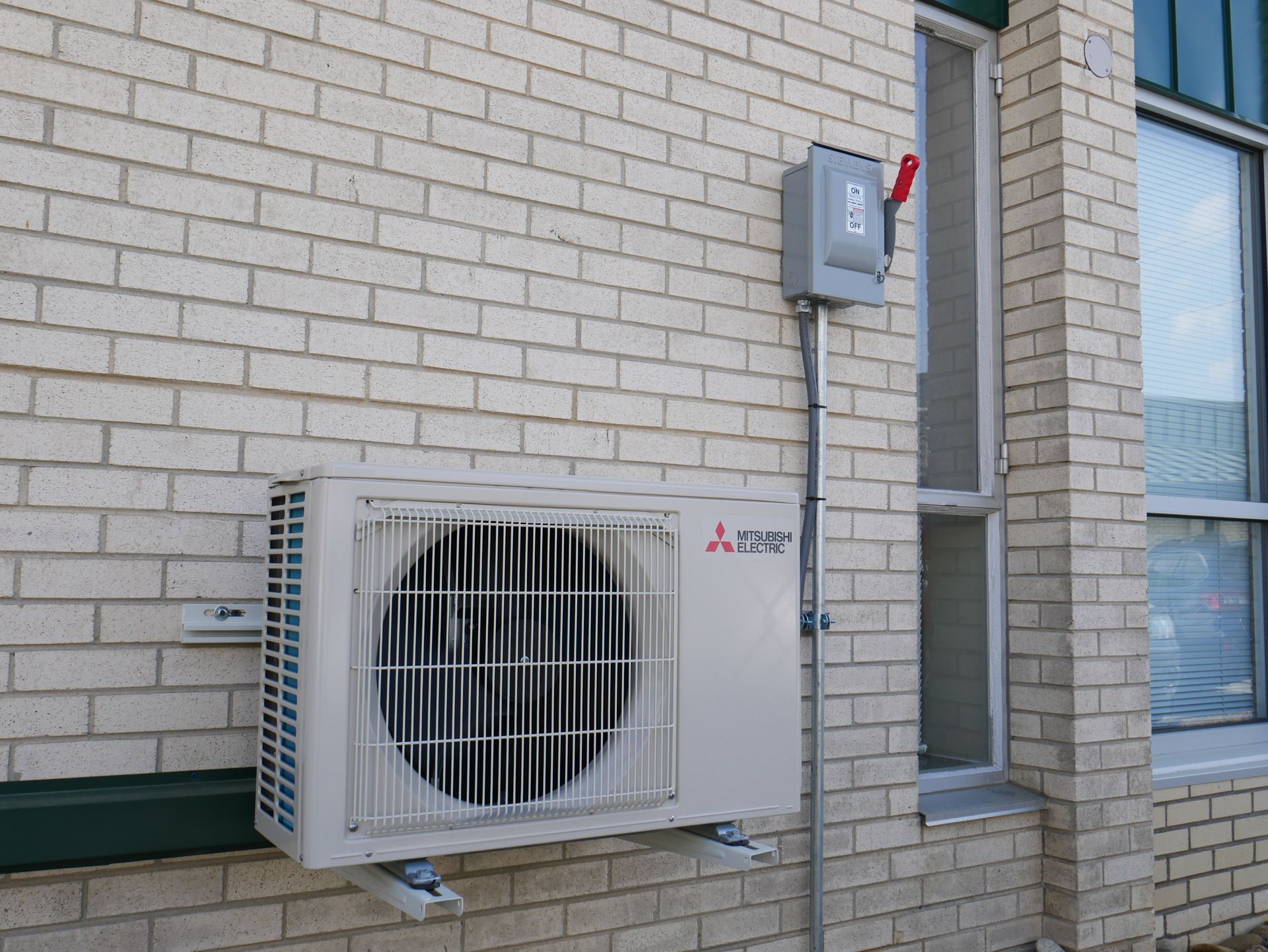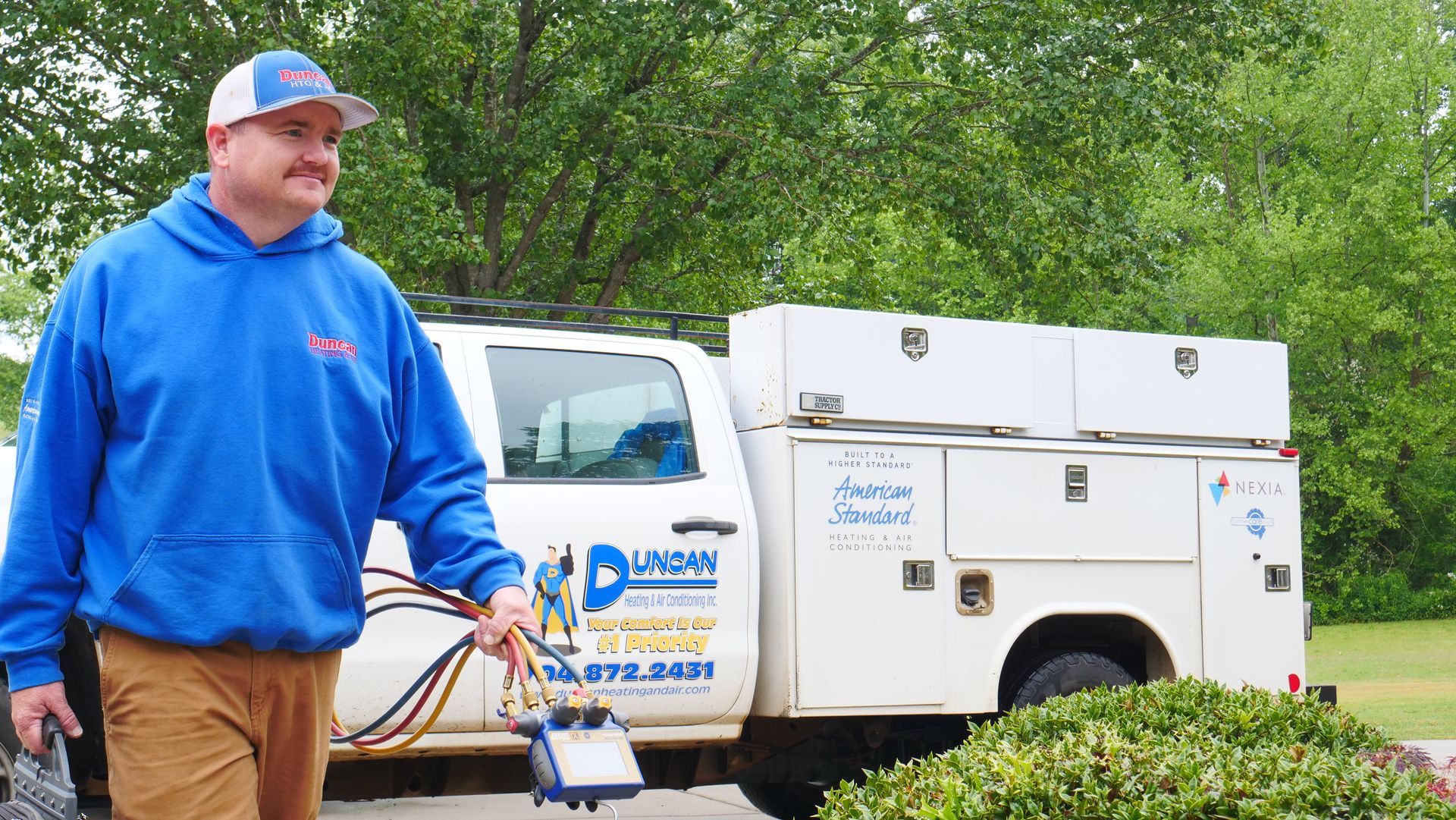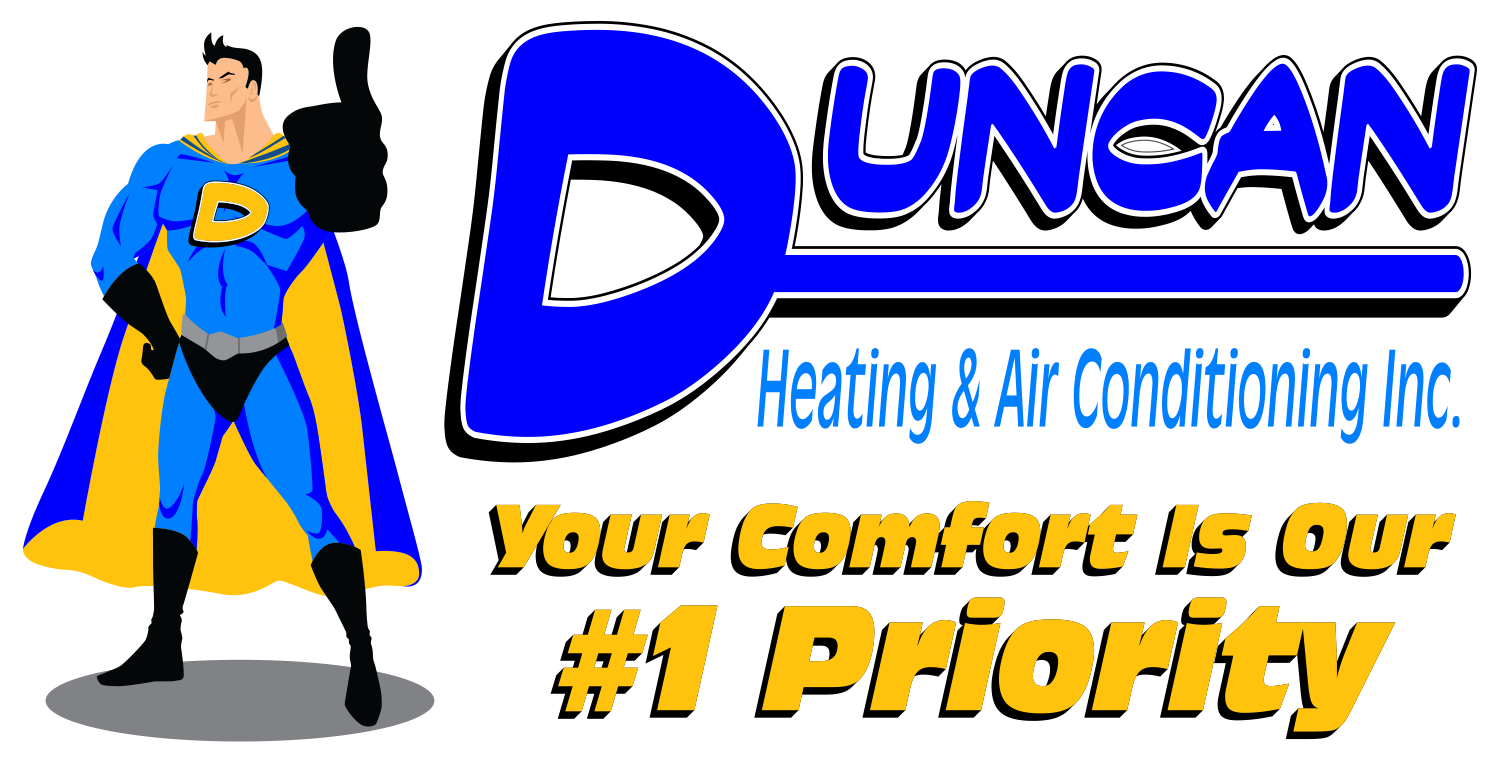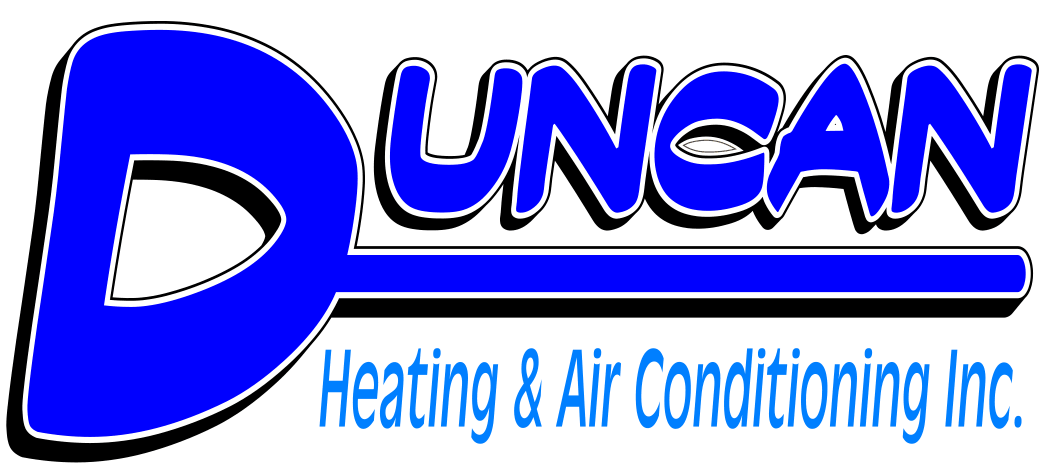Fall Energy Savings Tips for Your HVAC: How to Cut Costs as Temperatures Cool
As we head into fall in North Carolina, the days grow shorter and the nights chillier. It’s the perfect time to start thinking about how your HVAC system can work smarter—not harder—to keep you comfortable without sending your energy bills through the roof. At Duncan Heating & Air Conditioning, we’re always looking for ways to help our customers get more from their systems. Here are practical tips you can use right now to reduce your heating (and cooling) costs this season.
1. Leverage Natural Heat: Use the Sun Strategically
Take advantage of sunny days: open curtains or blinds on south- and west-facing windows during daylight hours. This passive solar gain can help warm your home without turning on the heat. Then, as evening arrives, close them to retain the warmth.
2. Adjust Your Thermostat a Few Degrees
Every degree matters. Lowering your thermostat by just 1–2 °F during cooler days (or raising it slightly when heating is in use) can yield noticeable energy savings. Use setback settings for when you’re asleep or away from home. A programmable or smart thermostat makes this easy.
3. Seal Drafts & Insulate Strategically
Even a well-functioning HVAC system struggles if your home leaks air. Walk around your doors, windows, and baseboards looking for drafts. Use weatherstripping or caulk to seal gaps. Also, check attic and crawlspace insulation—adding a bit more insulation where needed is a relatively low-cost upgrade with long-term payoff.
4. Zone Wisely & Close Rooms You Don’t Use
If your home has multiple zones or dampers, reduce conditioning in unused areas. Shut vents in guest rooms, basements, or storage spaces to focus heated air where it matters most. Just be careful not to close too many vents at once (which can affect system pressure).
5. Clean & Schedule Maintenance Now, Before Heating Demand Ramps Up
- Replace your air filters (if you haven’t recently).
- Clear debris from around your outdoor unit (if you have a heat pump) so airflow isn’t blocked.
- Make sure vents, registers, and returns are unobstructed by furniture or rugs.
- Schedule a professional tune-up: checking electrical, gas connections, combustion (if applicable), duct leaks, and system calibration can reveal small issues before they turn into costly repairs.
6. Use Ceiling Fans & Air Circulation to Your Advantage
Many people think ceiling fans only help in summer—but they’re useful in fall too. Switch your fan’s direction to clockwise (low speed) to gently push warm air downward. This helps mix the air and can reduce the need to bump up the thermostat.
7. Monitor HVAC Performance & Watch for Inefficiencies
Keep an eye on your energy bills, listen for odd noises, notice uneven heating, or detect higher humidity. If something seems off, call a technician to audit your system. Sometimes a minor adjustment or calibration can restore efficiency.
Fall is a transition season—not quite cold, but cooler enough that the habits you set now can make a big difference in comfort and cost. With small changes like smarter thermostat use, sealing drafts, and proactive maintenance, your HVAC system can deliver the comfort you need without wasting energy.
If you'd like professional help tuning your system or finding tailored energy-saving upgrades, Duncan Heating & Air Conditioning is here to help. Contact us today to schedule a fall performance check or ask about economical ways to make your heating system more efficient.
